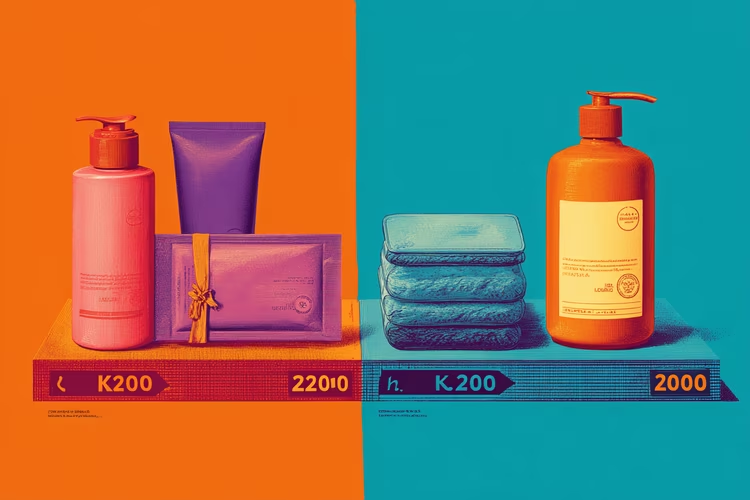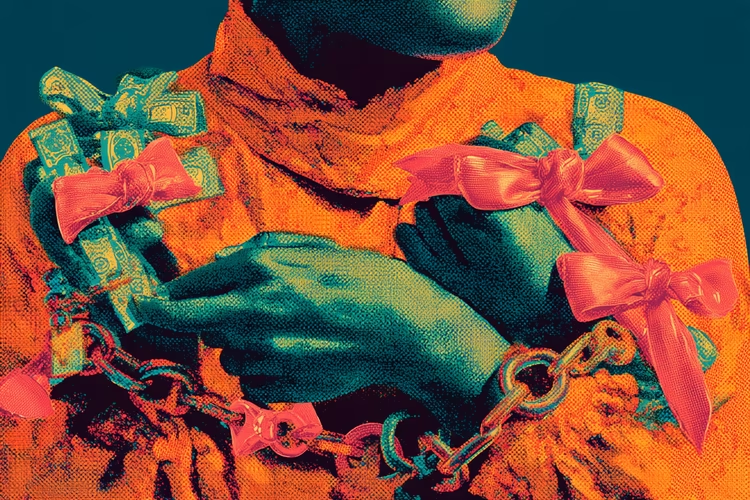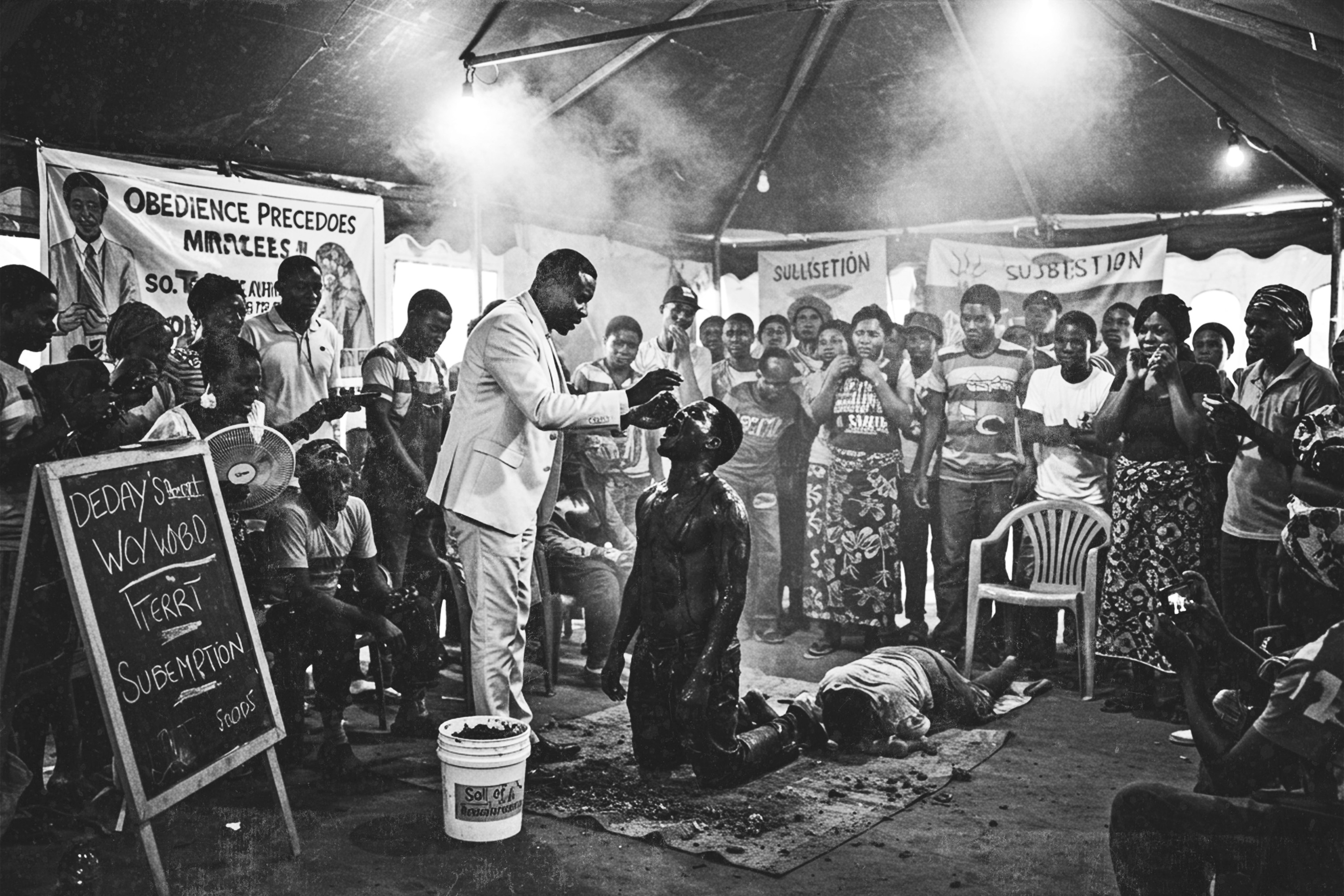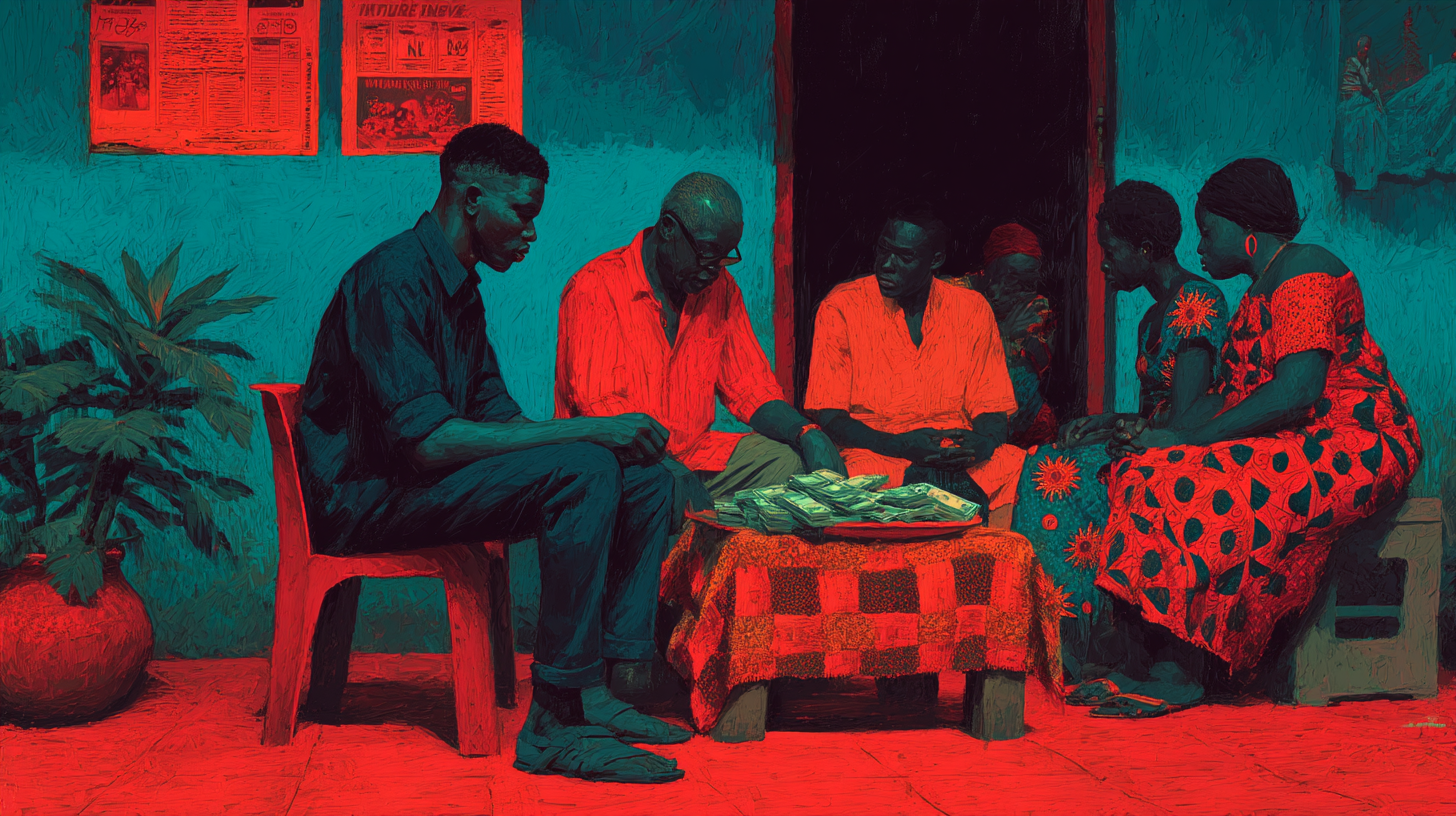Picture this: A young professional woman in Lusaka earns K12,000 monthly but watches her salary vanish into two invisible taxes that no government ever imposed. First, there's the "black tax"—the cultural obligation to support extended family that can claim up to 40% of her income. Then comes the "pink tax"—the unspoken rule that professional credibility requires K8,000 wigs, K1,500 makeup kits, and designer handbags.
It’s a sunny Saturday. You head to a popular Lusaka spot and notice a group of women at brunch, looking polished with glossy lips and sleek wigs. There’s an unspoken code: flawless hair, unsmudged makeup, and handbags hinting at global brands. For many Zambian women, living up to these beauty standards is more than style—it’s a costly, unspoken obligation. Juggling these pressures with cultural expectations, like supporting family, forms a double financial burden: black tax and pink tax. Together, they quietly erode disposable income, creating an invisible trap for women.
Understanding Black Tax and Pink Tax
Black tax is an expectation, often unspoken, that those who “make it” must support their family back home. For a young professional woman in Lusaka earning K12,000 a month, this may mean school fees for siblings, medication for parents, or transport money for cousins. Economists argue that this redistribution of income fuels resilience in extended families, but on an individual level, it chips away at long-term savings and investment opportunities. It may take a while or actually never happen for you to enjoy your hard-earned money. Some say it’s a good thing because it earns you respect in your family and blessings. But at what cost?

The pink tax adds to the financial drain. Globally, it refers to products marketed at women costing more than men’s. In Zambia, it encompasses the pressure to present femininity acceptably. The K8,000 wig, K1,500 makeup kits, and K1,000 salon visits aren't mere luxuries but are required for women to be taken seriously in professional circles, demanding steady spending on appearance.
Together, the black tax and the pink tax form a trap. What remains of one’s salary after meeting obligations to family rarely survives the demands of professional beauty.
Data on Women's Beauty and Family Spending
Lusaka’s emerging middle class tells an interesting story. When women are asked how much they spend monthly on appearance, the average response ranges from K2,000 to K3,500. When asked how much they contribute to relatives each month, responses vary between K1,000 and K5,000, depending on the time of year. When expenses like rent, transport, and food are added, women reported that very little of their income remains for other uses.
Economists point out that the middle class is under pressure from both cultural and market expectations. Men face Black tax as well, but the appearance burden for women multiplies the problem. A man can arrive at work in the same suit three times a week and be praised for consistency. A woman is whispered about if she repeats a hairstyle too often. These double standards keep women’s money circulating in consumables rather than investments.

Why Beauty Standards Become Financial Necessities
The cultural drivers are not frivolous. For many women, wigs, makeup, and clothing are the currency of credibility and relevance. Zambian society, like many others, equates femininity with presentation. Entrepreneurs who sell skin care products admit that their best sales pitches land when they look polished. “Clients believe in you if you look like money, even if you are still hustling behind the scenes.”
The pressure crosses age groups: younger professionals feel pushed to keep up with wigs and handbags, while older women gravitate toward beauty treatments or tailored outfits. At every stage, investing in appearance is tied to gaining respect, with no room for slacking.
The Psychology of Financial Obligation
Black tax carries its own psychological price. Refusing to send money for school fees or a funeral contribution is not simply a financial decision; it can be interpreted as arrogance or betrayal. Women often describe the guilt as heavier than the money itself.

One 29-year-old lawyer said she spends almost 40 percent of her salary on relatives. “Sometimes I want to say no, but then I imagine my niece being chased from school or my aunt’s medication running out. How do you ignore that when you know you can help?” Then pink tax creeps in as a way of preserving dignity. “If I am broke because I help family, at least I must look good enough not to show it.” Sometimes I wonder as a professional when I rise up the ranks. Is my family really happy for me over this promotion, or what's in it for them?
How Double Taxation Prevents Wealth Building
This dual taxation leaves little room for wealth-building. While men may complain of the Black tax, they are not simultaneously navigating the compulsory beauty economy. Women end up sacrificing pension contributions, investment opportunities, or even medical insurance to keep both sides satisfied.
Banks and financial advisers rarely tailor solutions to this reality. Budgeting advice that assumes discretionary spending on “luxury” items fails to grasp that for many women, appearance is not optional. Nor is black tax, which operates on the moral economy of family loyalty.
Strategies for Financial Liberation and Boundary Setting
Supporting family is an integral part of Zambian identity, and appearance carries undeniable cultural weight. Yet the intersection of these obligations builds a complex challenge for women. To break free, women must start creating spaces for financial boundaries. This may mean setting fixed monthly Black tax budgets, making room for repeated looks, or collectively questioning why credibility is tied so tightly to wigs and handbags.

Some small shifts are happening. Online groups of professional women are openly discussing budgeting strategies, such as wig funds that rotate among friends or thrifting high-quality second-hand clothing to cut costs. Younger voices are also beginning to challenge beauty standards, reclaiming natural hair in professional spaces despite resistance.
True liberation, however, lies in financial literacy and collective pressure. When women start saving and investing as deliberately as they spend on beauty and family, the cycle can be broken. Policy interventions, such as financial products tailored for women balancing extended family support, could also make a difference.
It’s important for women to remind themselves that “I am enough, I am doing my best,” because trends will come and go, and family will always need. But you must remember that you cannot fill from an empty cup.








